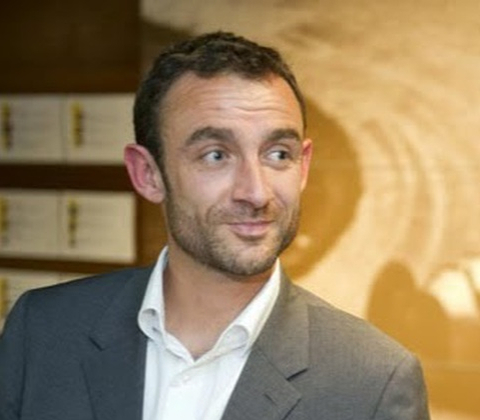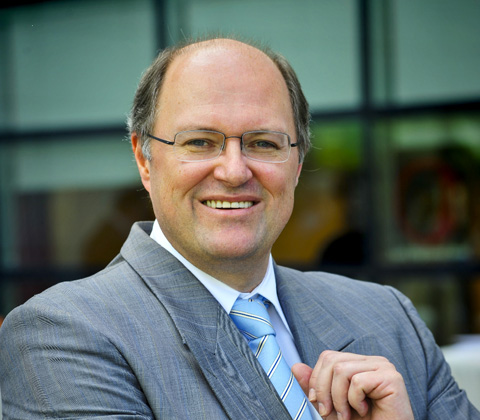News
blog / June 28, 2016
Catherine Van Eeckhaute, SOCIALware
Digital Transformation: How to ride the wave of change.
Catherine Van Eeckhaute, Programme Manager at SOCIALware.
ING & Starfish “Digital Dialogues”, ING Bank, Brussels, 30 May, 2016.
Why digital transformation matters for non-profit organisations
On the 30th of May, Starfish MRM organized its very first Digital Dialogues on the topic ‘Demystifying Digital Transformation’. As a trusted advisor to a number of associations, membership organisations and NGO’s, Starfish MRM wanted to integrate the not for profit perspective in the debate. I had the honour to participate in the discussion panel to showcase the need for digital transformation in the social profit sector.
Great opportunities for a wonderful sector
Indeed, the not for profit organisations occupy an important position in our economy and society. Not only do they assure a number of core missions of our European welfare societies, such as education or healthcare, but they also play a crucial role in addressing major current societal challenges like poverty, ageing, immigration or environmental deterioration. Non-profit is one of the few economic sectors in which employment is still growing. Additionally, this sector is highly reliant on volunteering work.
Ignoring the reality of digital would be harmful for their workforce, and even more so for their numerous beneficiaries.
Activities like healthcare, social services and culture are highly dependent on government funding, and therefore vulnerable to the consequences of current policies of austerity. Non-profits need to explore alternative funding and resources like individual gifts, corporate sponsoring or collaboration. Shrinking subsidies and tougher competition in soliciting private donors and volunteers are drivng not for profit organisations to adopt more entrepreneurial models, to be transparent on the use and destination of the funds and to report impact.
Given these numerous pressures, digitalisation offers unprecedented opportunities to non-profit organisations. Mobile and cloud technologies facilitate collaboration with field workers, volunteers and peer organisations. IT Capacity on demand allows flexible adaptation to the needs of specific projects. Data analysis and data visualisation tools allow them to demonstrate impact to donors. These are only a few examples of how information technology can improve their productivity and service delivery.
The viral capacity of social media may create visibility, mobilization for a cause or community activation equivalent to what a TV ad could do, for a tiny fraction of the budget. And crowdfunding, peer to peer fundraising, mobile giving are promising ways to attract the youngest generation of donors. Technology is providing a powerful lever to civic engagement or to the sharing of services and resources among individuals. In more and more places local governments and civil society are collaborating to disclose data that allow citizen to take informed decisions. There are interesting cases of associations using technology as an enabler for integration. And we can go on with many examples of innovative use of technology for social impact.
But coping with limited resources
To some extent, scarcity is a powerful driver for creativity. It is amazing to see how well some nonprofits embrace social media and exploit search engine optimalisation techniques. But the vast majority of social profit organisations are slower in adopting the necessary technology to increase their impact, due to budget constraints and lack of specialized technology expertise. Often technology decisions are in the hands of volunteers, without real strategy for improving digital capability of the users.
The TechSoup programme works to help social profit organisations all over the world to understand and have access to affordable technology. TechSoup works with world leading IT suppliers, such as Microsoft, Google, Adobe, Symantec and many more, to provide the social profit sector access to donated and discounted software and technology resources.
In the BENELUX, TechSoup is operated by vzw/asbl SOCIALware, where it has provided several thousands of associations and foundations with a variety of the newest hardware, software and services, while having allowed them to save over 150 million euros, since inception in 2007.
TechSoup is re-thinking the ways in which non-profit organisations, corporations, policy-makers and donors can work together on technology solutions for increased social impact. So, if you are one of these actors and you want to be part of this collaboration, don’t hesitate to contact us.





